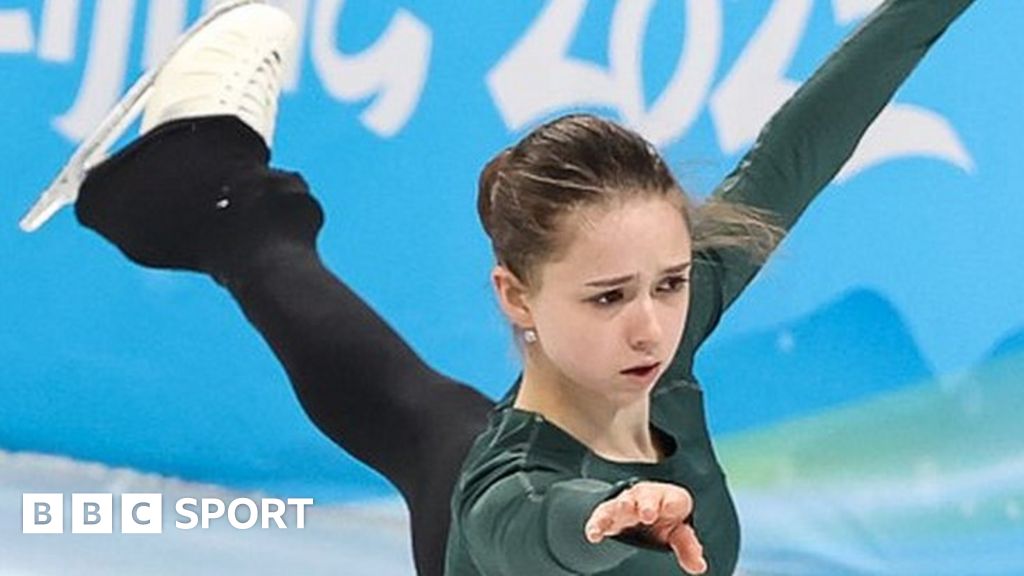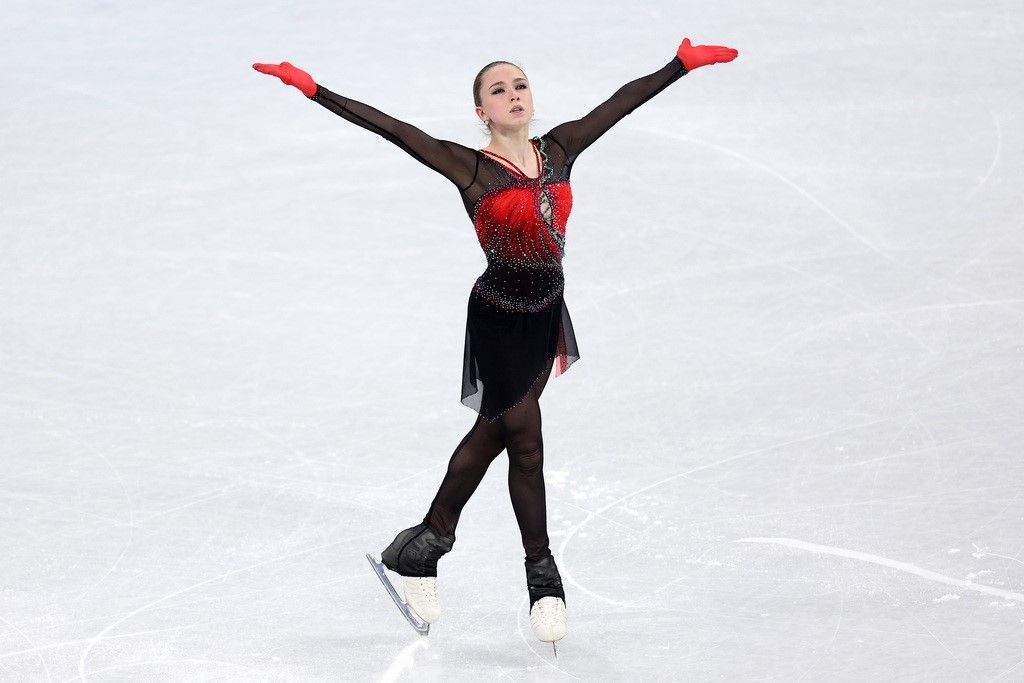The hearing ended about seven hours after it began, finishing around 3:30 a.m. local time in Beijing. The three-person panel will reconvene on Monday to complete its deliberations.
CAS said on Saturday that the panel planned to inform the parties of its decision and announce that finding publicly on Monday afternoon in Beijing, one day before Valieva is — for now — scheduled to compete in the women’s short program.
The stakes of the decision for the Olympics and the global fight against doping could not be higher. As a Russian, Valieva is competing for a nation that is
not able to take part in global sports under its own name or flag as part of a multiyear ban related to
a state-led doping scheme that sought to corrupt results at the 2014 Sochi Olympics.
But none of that was to be part of the discussion on Sunday. There was also expected to be little discussion about how the banned heart medication,
trimetazidine, ended up in Valieva’s system, or why it took more than six weeks for the results of a test submitted in December to be confirmed by the Stockholm lab charged with testing it.
Instead, the hearing was to focus on process and proportionality, with the arbitrators asked to weigh a largely philosophical argument pitting the damage of enforcing an immediate ban on a 15-year-old girl — and blocking her from the biggest competition of her life — against the potential damage to the integrity of the competition if she is allowed to compete.
As a minor, Valieva enjoys a different status from older athletes, meaning any punishment that may eventually be meted out is likely to be less severe than those typically issued for a similar failed test by an adult. But that is a conversation for another day, and for another hearing that is most likely months away.

 www.nytimes.com
www.nytimes.com




